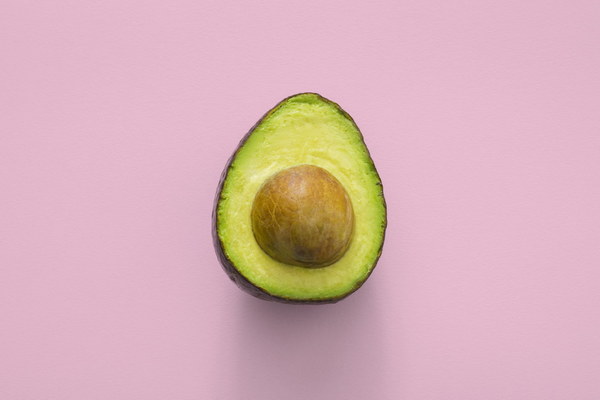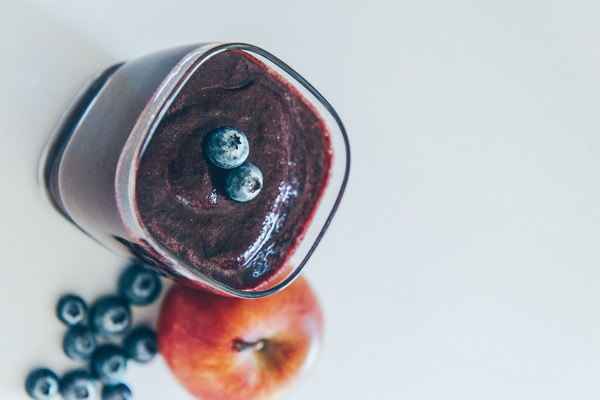Harmonizing Menstrual Health at 49 A Comprehensive Guide to SelfCare
Introduction:
At the age of 49, experiencing menstruation might seem like an unexpected twist in the journey of menopause. However, it's not uncommon for some women to continue having periods even as they approach or are in menopause. This article aims to provide a comprehensive guide on how to care for your body during this unique phase of life, focusing on natural and holistic approaches to maintain menstrual health.
1. Understanding the Changes
The average age of menopause is around 51, but it can vary widely among individuals. For those who continue to menstruate at 49, it's essential to understand the hormonal changes that might be occurring. Hormones such as estrogen and progesterone play a crucial role in regulating the menstrual cycle, and fluctuations in these levels can lead to irregular periods.
2. Balanced Diet

A balanced diet is key to maintaining overall health during this time. Incorporate a variety of nutrient-rich foods, including fruits, vegetables, whole grains, lean proteins, and healthy fats. Foods high in fiber can help regulate digestion and alleviate bloating. Some specific nutrients that can be beneficial include:
- Vitamin D: Essential for bone health, as estrogen levels decrease during menopause.
- Calcium: Also important for bone health, especially if you're experiencing hot flashes or night sweats.
- Magnesium: Helps to reduce stress and improve sleep quality.
- Omega-3 fatty acids: Found in fish and flaxseeds, these can help reduce inflammation and support heart health.
3. Regular Exercise
Physical activity is vital for maintaining a healthy weight, reducing stress, and improving mood. Aim for at least 150 minutes of moderate aerobic exercise or 75 minutes of vigorous aerobic exercise each week. Strength training exercises can also help maintain muscle mass and bone density.
4. Stress Management
Stress can exacerbate symptoms such as mood swings, anxiety, and insomnia. Find healthy ways to manage stress, such as mindfulness, meditation, yoga, or engaging in hobbies. Regular sleep and relaxation techniques can also contribute to overall well-being.
5. Hormonal Balance
Since hormonal fluctuations can cause irregular periods, exploring natural remedies to balance hormones may be beneficial. Some options to consider include:
- Black cohosh: A herbal supplement that has been shown to help alleviate menopausal symptoms.
- Dong quai: Another herbal supplement that may help balance hormones and reduce menstrual symptoms.
- Acupuncture: A traditional Chinese medicine practice that can help regulate hormones and alleviate menopausal symptoms.
6. Regular Health Check-Ups
It's important to maintain regular health check-ups with your healthcare provider. They can help monitor your hormone levels and provide guidance on managing any potential health issues. If you experience severe symptoms, such as heavy bleeding, sudden onset of periods, or spotting between periods, it's essential to consult a healthcare provider.
7. Embrace the Change
Finally, it's important to embrace this unique phase of life. Menopause is a natural transition, and experiencing menstruation at 49 doesn't diminish the significance of this change. Surround yourself with support from friends, family, or support groups to navigate this journey with confidence.
Conclusion:
Navigating menstrual health at 49 can be challenging, but with a focus on holistic self-care, you can maintain your well-being during this transition. By understanding the changes occurring in your body, adopting a balanced diet, engaging in regular exercise, managing stress, and seeking medical advice when needed, you can ensure that your body remains in harmony throughout this phase of life.









